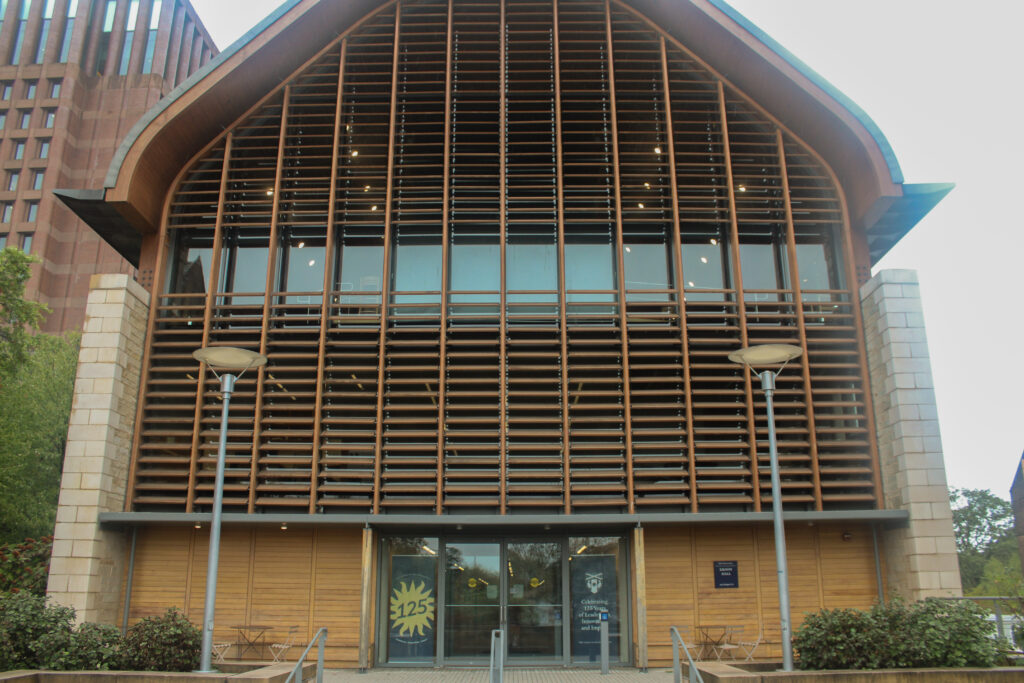Starting in August 2024, the Yale School of the Environment will launch two new one-year programs: the Executive Master of Environmental Management (EMEM) and the Executive Master of Forestry (EMF). These accelerated degree options are designed for professionals with at least a decade of experience in environmental fields, providing an immersive educational experience tailored to senior leaders and mid-career professionals.
Dean Indy Burke highlighted the unique advantages these new programs offer. “Our traditional two-year degree programs provide an unparalleled educational experience for early-career professionals,” she stated. “The executive master’s degree programs will deliver the same high-touch immersive experience but in a highly personalized format aimed specifically at seasoned professionals.”
The concept of a one-year master’s program is not entirely new at Yale. Mark Ashton, director of Yale Forests and senior associate dean for The Forest School, noted that the EMEM and EMF programs are revivals of the School’s previous one-year master’s programs, which shared the same names as the current two-year offerings.
Former student Agustín Carbo, who participated in the mid-career residential program in 2011-2012, attested to the program’s value. He completed 24 credits in two semesters before advancing to roles at the Environmental Protection Agency and later becoming the inaugural chairman of the Puerto Rico Energy Bureau in 2022. “This was an amazing experience,” Carbo wrote. “Like my advisor, Prof. Brad Gentry, told me, ‘This is like a candy store.’”
Carbo emphasized the supportive atmosphere at the School of the Environment, which he credits for providing him with a comprehensive perspective on environmental and energy challenges. His experience as executive director of the Puerto Rico Solid Waste Authority illustrated the program’s impact. “I was able to connect areas like climate change to resolve important issues of waste management,” he explained. “This was like working with many intersections to resolve an environmental problem.”
Both the EMEM and EMF programs are designed for candidates who already have established careers in the environmental sector. For instance, the EMF program specifically requires applicants to possess a degree in forestry, natural resources, or a related field, along with ten years of relevant work experience.
Ashton elaborated on the necessity of such programs, stating, “Once you are in a job and in the daily routine of work, it is very difficult to take time out and catch up on the tremendous advances in knowledge on the science and management of the environment. Having a one-year period of immersion can be a refreshing experience that advances one’s career.”
Another notable feature of these programs is the residential aspect, allowing students to spend a full year on Yale’s campus. Kenneth Gillingham, the School of the Environment’s senior associate dean of academic affairs, expressed hope that these experienced environmental leaders would enrich the intellectual environment of the school. “Bringing in a small number of mid-career environmental leaders will greatly enhance intellectual discourse and offer keen insights for our existing master’s students,” he stated.
Founded in 1900 as the Yale Forest School, the Yale School of the Environment continues to evolve, adapting its offerings to meet the changing needs of professionals in the field. The introduction of the EMEM and EMF programs reflects a commitment to fostering leadership and innovation in environmental management and forestry, ensuring that experienced individuals can further develop their skills and insights in a rapidly advancing sector.
